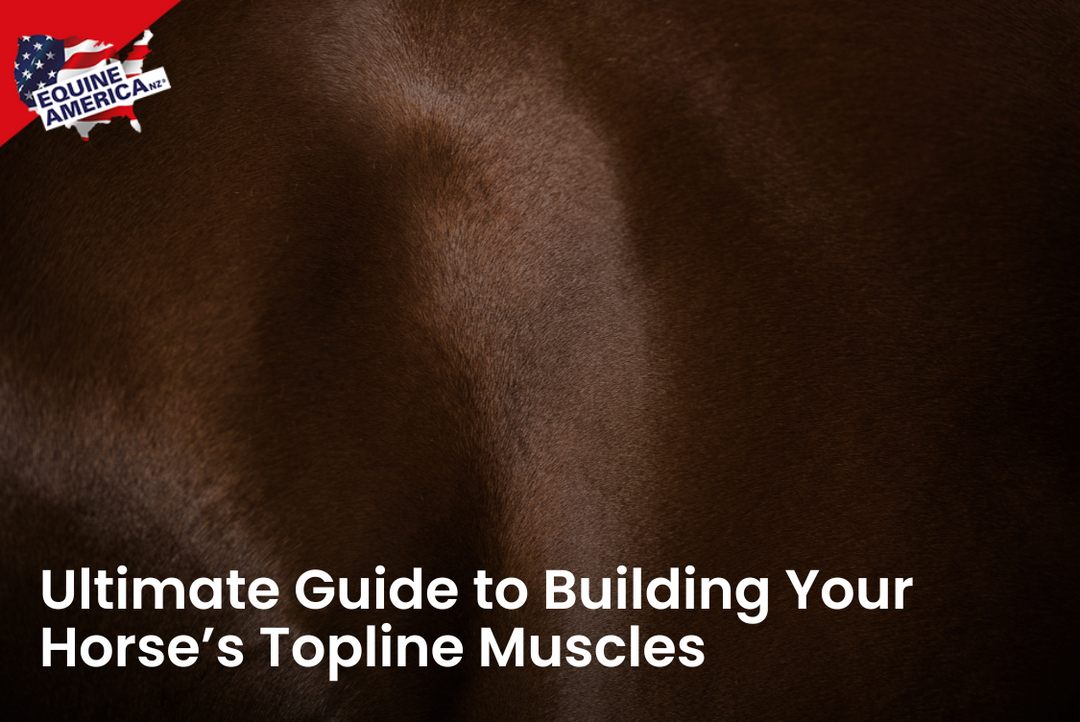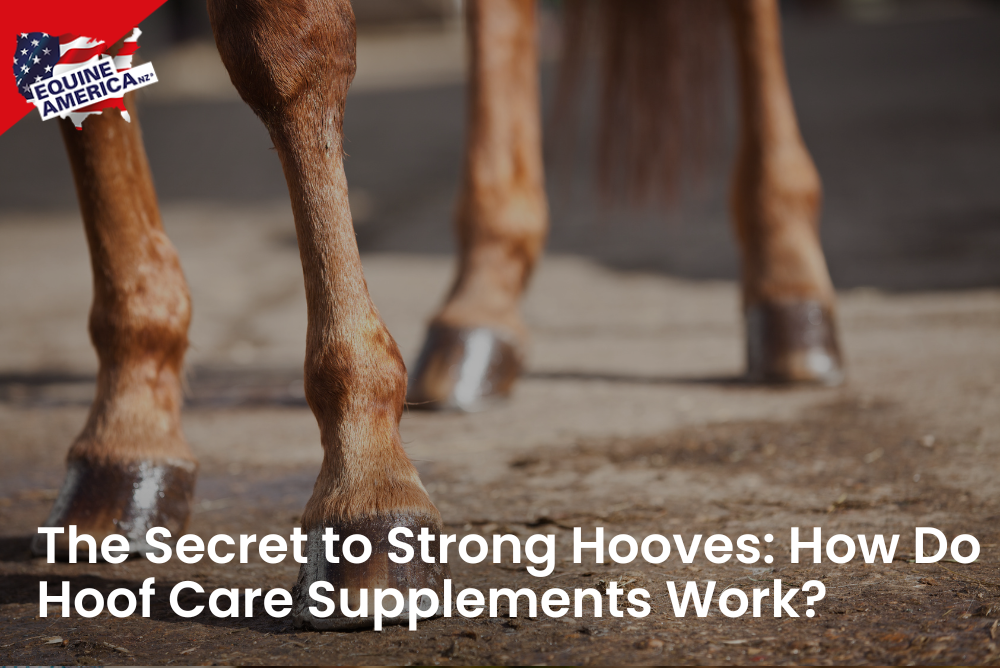There are always challenges to the respiratory systems of horses. In the summer, pollen becomes an issue, while spending more time in a stable over the winter period exposes a horse to increased dust from bedding and forage. There are several management practices that you can use to reduce this type of exposure. One method includes giving your horse respiratory supplements to maintain clear and healthy airways and support the natural defences of the lungs.
In today’s blog article, we’ll be discussing how equine respiratory supplements work and whether they’re safe for your horse. Keep reading to learn more!
How Do Equine Respiratory Supplements Work?
Dealing with a respiratory problem is often stressful because of its impact on performance and overall health. Equine respiratory supplements are designed to support structures and tissues in the respiratory tract, namely the lungs and the trachea. In addition, since seasonal allergies often result in breathing difficulties, some of the supplements for respiratory health contain herbs that support normal immune responses (such as when an allergic reaction results from hypersensitivity in the immune system).
When you start comparing equine respiratory supplements, there are a few important nutrients to look for. For example, MSM is an ingredient that supports normal responses to inflammation (including the respiratory tract). Vitamin C, grape seed extract, and certain bioflavonoids provide respiratory cell health support. Another important ingredient includes N-acetyl cysteine, which assists with protecting the tissues of the airway.
With a well-thought-out management plan and veterinary care, the correct blend of high-quality ingredients in equine respiratory supplements such as Ventilator Powder can also be used to support lung function. 
Tips On How To Support Equine Respiratory Health
Experts suggest these guidelines to improve respiratory health in horses that are affected by respiratory problems:
- Keep your horse outdoors for as long as possible (unless your horse has pasture-associated heaves).
- Steam or soak hay to reduce mould and dust present in the hay that the horse may inhale.
- Avoid using round bales outdoors. Even though these are convenient, most horses are prone to plunging their noses into the center for a prolonged period while eating, which increases their chances of inhaling dust and mold spores. It is a better practice to lay the hay across the ground. This will also help to promote mucus drainage from the respiratory passages.
- Avoid sweeping aisles, mucking stalls, or cleaning the barn when a horse suffering from heaves is inside.
- Change out straw or hay bedding with low-dust alternatives such as specialised cardboard products, shredded paper, or rubber matting covered with absorptive material.
- Supplement your horse's diet with long-chain omega-3 fatty acids such as Docosahexaenoic acid and Eicosapentaenoic acid, since these reduce inflammation present in the throat and lungs.
Final Thoughts
If you are worried about the respiratory health of your horse, it is always recommended to consult with your vet to get advice on the best treatment and supplements to use. If your vet prescribes a medication, supplements are still an excellent way to boost immunity and lower inflammation. Targeted nutritional support will help the natural defences of your horse against a range of respiratory challenges.
Equine America NZ is a trusted and reliable provider of premium-quality supplements aimed at supporting respiratory health. These supplements contain plant-based, natural ingredients, and essential antioxidant nutrients that support healthy immune and respiratory systems.
Please give us a call at Equine America NZ today at 0800 440 888 to learn more or leave an enquiry.




